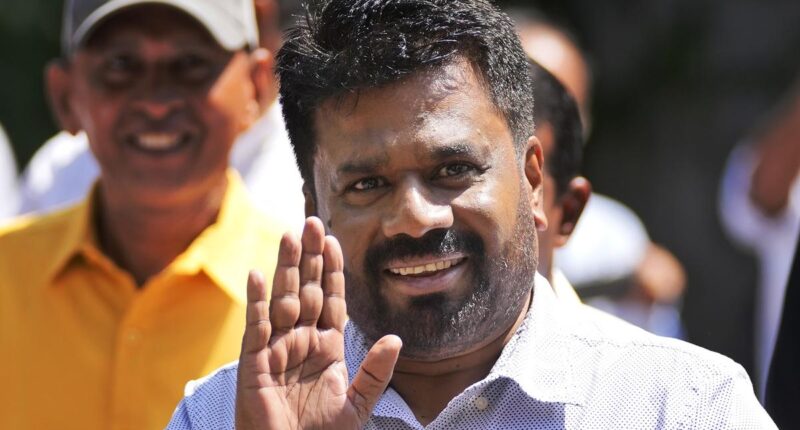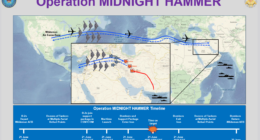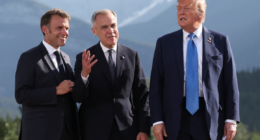Anura Kumara Dissanayake, a Marxist lawmaker, has been elected as Sri Lanka’s new president, marking a decisive rejection of the country’s established political elite. The Election Commission announced on Sunday that Dissanayake secured a substantial 5,740,179 votes, outpacing his main opponents: opposition leader Sajith Premadasa, who garnered 4,530,902 votes, and incumbent President Ranil Wickremesinghe.
The election, held on Saturday, served as a critical referendum on Wickremesinghe’s leadership during one of the worst economic crises in Sri Lanka’s history. The nation has faced severe challenges, including soaring inflation, widespread food shortages, and crippling debt, which have sparked political upheaval and public discontent. Dissanayake’s campaign resonated with voters, particularly the youth, as he advocated for pro-working class policies and criticized the entrenched political elite responsible for the country’s economic turmoil.
In his victory speech, Dissanayake emphasized the collective effort behind his success, expressing gratitude to the thousands who supported his campaign. “This achievement is not the result of any single person’s work but the collective effort of hundreds of thousands of you. Your commitment has brought us this far, and for that, I am deeply grateful. This victory belongs to all of us,” he stated on social media platform X.
Outgoing President Wickremesinghe congratulated Dissanayake and expressed hope for continued efforts in economic recovery. His presidency had been marked by attempts to stabilize the economy, including a crucial restructuring of Sri Lanka’s debt under an International Monetary Fund (IMF) bailout following the country’s default in 2022. However, this deal has faced scrutiny and criticism from Dissanayake, who has vowed to renegotiate the terms to make austerity measures less burdensome for the population.
As the nation grapples with its economic challenges, the implications of Dissanayake’s presidency will be closely monitored. Wickremesinghe had cautioned that any changes to the existing IMF agreement could jeopardize the release of a vital $3 billion tranche, essential for maintaining stability in the country.
Dissanayake’s win symbolizes a desire for change among voters, who have grown weary of the status quo. As Sri Lanka embarks on this new political chapter, the focus will be on how the new administration addresses the urgent economic issues facing the nation.









